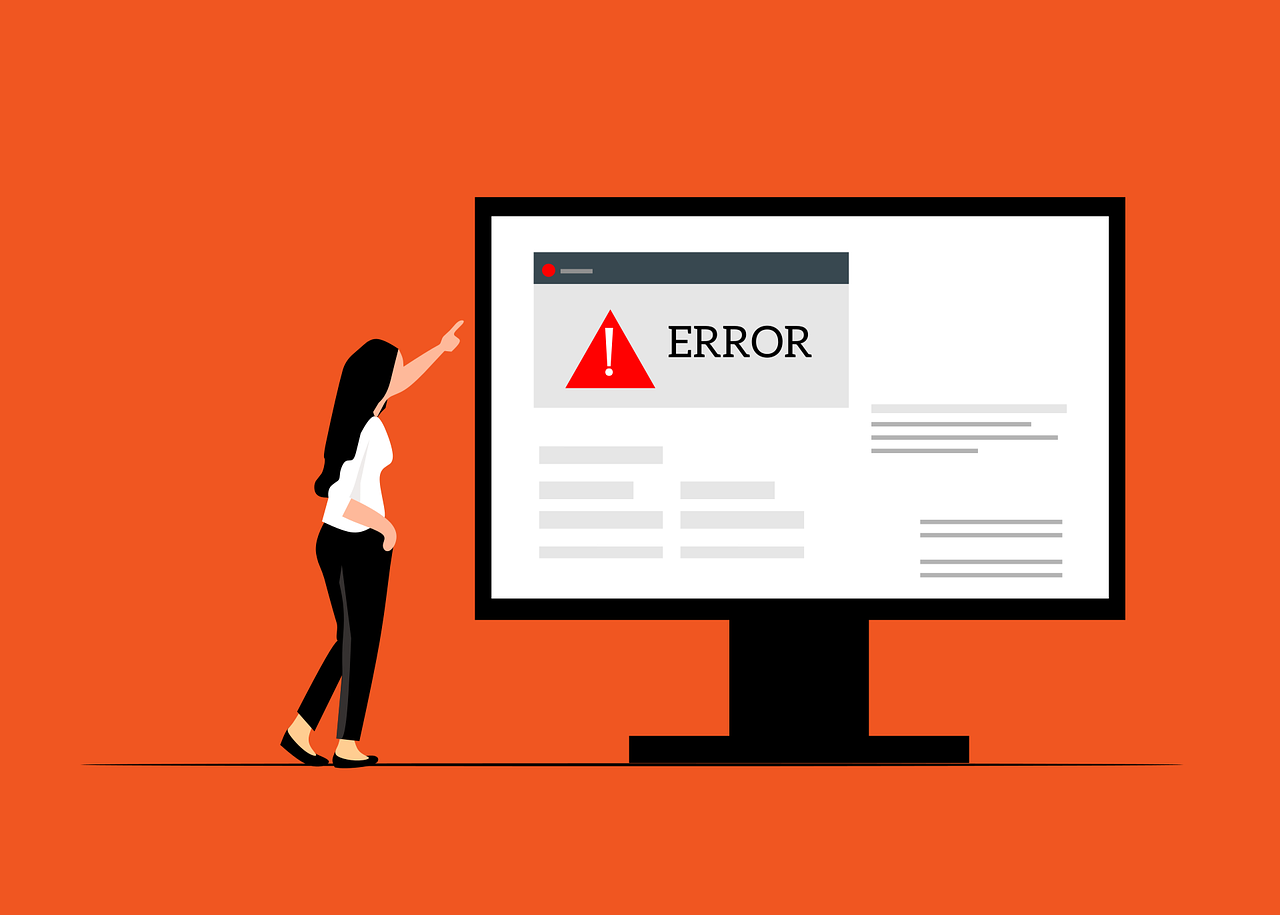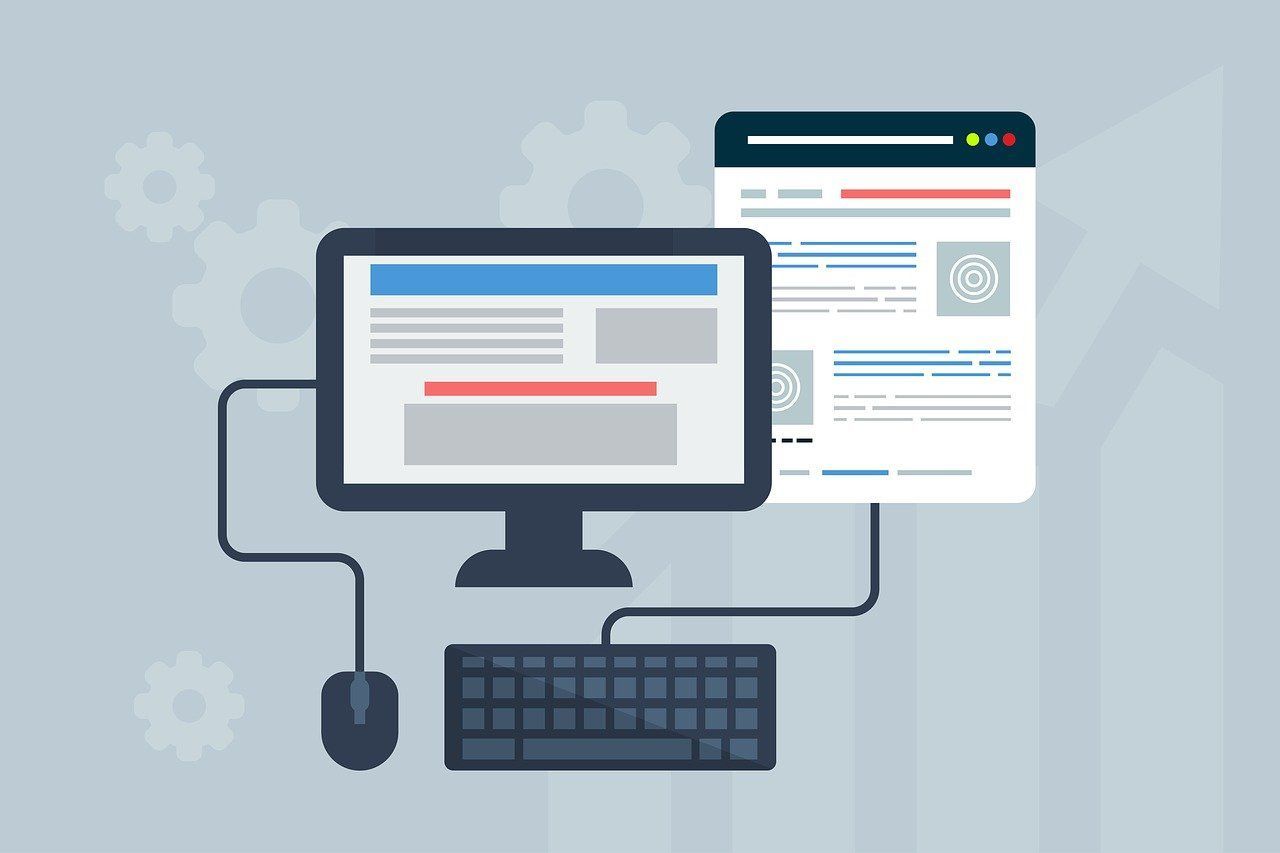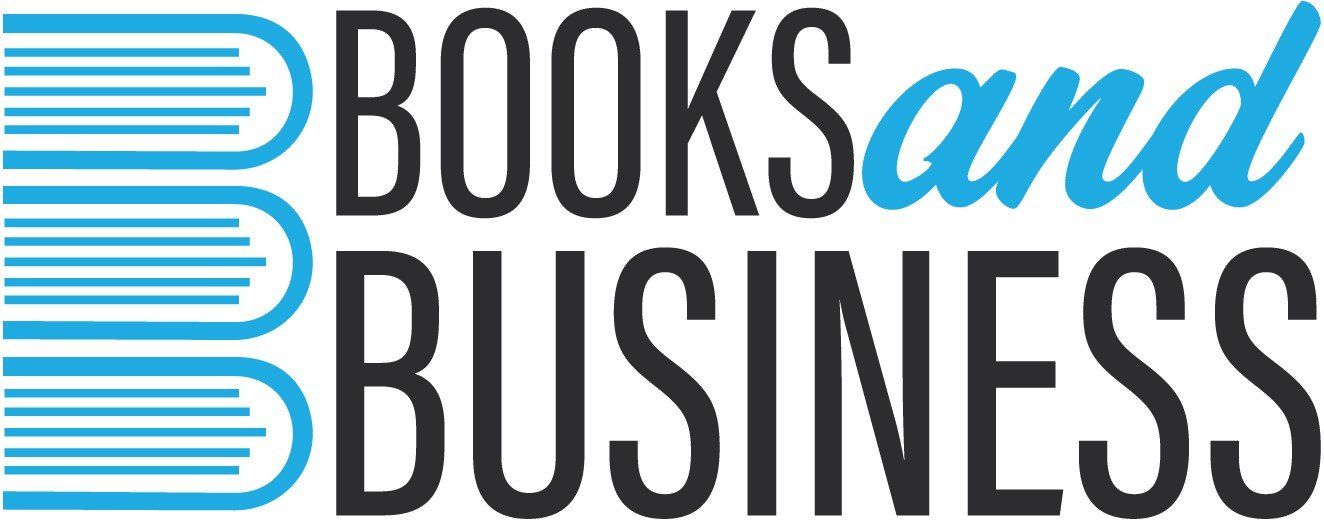Top Tips for Completing Your Tax Return
A new year often comes with two things: broken resolutions and the stress of meeting the self-assessment tax return deadline by 31st January. If you’re feeling overwhelmed, these tips will help you avoid common pitfalls and ensure a smoother process.
Register Early
Don’t wait until the last minute to register for self-assessment. HMRC’s login credentials can take days to arrive. Planning ahead avoids delays and potential penalties.
Know Your Deadlines
Online tax returns must be submitted by 31st January, while paper returns were due by 31st October. Missing these deadlines could result in fines and added interest.
Declare All Income
Make a comprehensive list of all income streams, including:
- Self-employment
- Rental income
- Investment returns
- Foreign income
- Side hustles or freelance work
- Interest on savings and dividends
Report Crypto Gains
HMRC is cracking down on undisclosed cryptocurrency gains. If you made a profit from crypto in the past year, ensure it’s included in your return to meet capital gains tax obligations.
Take Advantage of Tax Reliefs
Don’t miss out on valuable tax savings, such as:
- Pension contributions
- Gift Aid donations
- Eligible business expenses like office supplies, travel costs, and professional fees
Keep detailed records throughout the year to ensure all claimable expenses are included.
Plan for Payments on Account
If your tax bill exceeds £1,000, you’ll need to make advance payments towards next year’s bill. Be prepared to factor this into your budgeting.
Save for Your Tax Bill
Set aside around 25% of your income to cover tax and National Insurance contributions. This prevents a scramble for funds when the bill arrives.
Keep Accurate Records
Use accounting software to log income and expenses in real time. Reconciling accounts monthly or quarterly reduces stress and ensures no deductions are missed.
Don’t Hesitate to Seek Help
Tax returns can be complex, especially with changing thresholds and new rules. A reputable bookkeeper or accountant can save time, reduce errors, and offer peace of mind.
Final Advice
The key to a successful self-assessment is preparation. Track your finances year-round, stay organised, and seek support if needed. By planning ahead, you’ll avoid surprises and make the process as seamless as possible.
HMRC’s Online Resources
If you’re planning to complete your Self Assessment tax return yourself, HMRC provides a comprehensive collection of online resources. These include videos and factsheets to guide you through the process, detailed instructions for registering or deregistering for Self Assessment, and a digital assistant to address specific queries. You can access these resources at HMRC’s official page.




